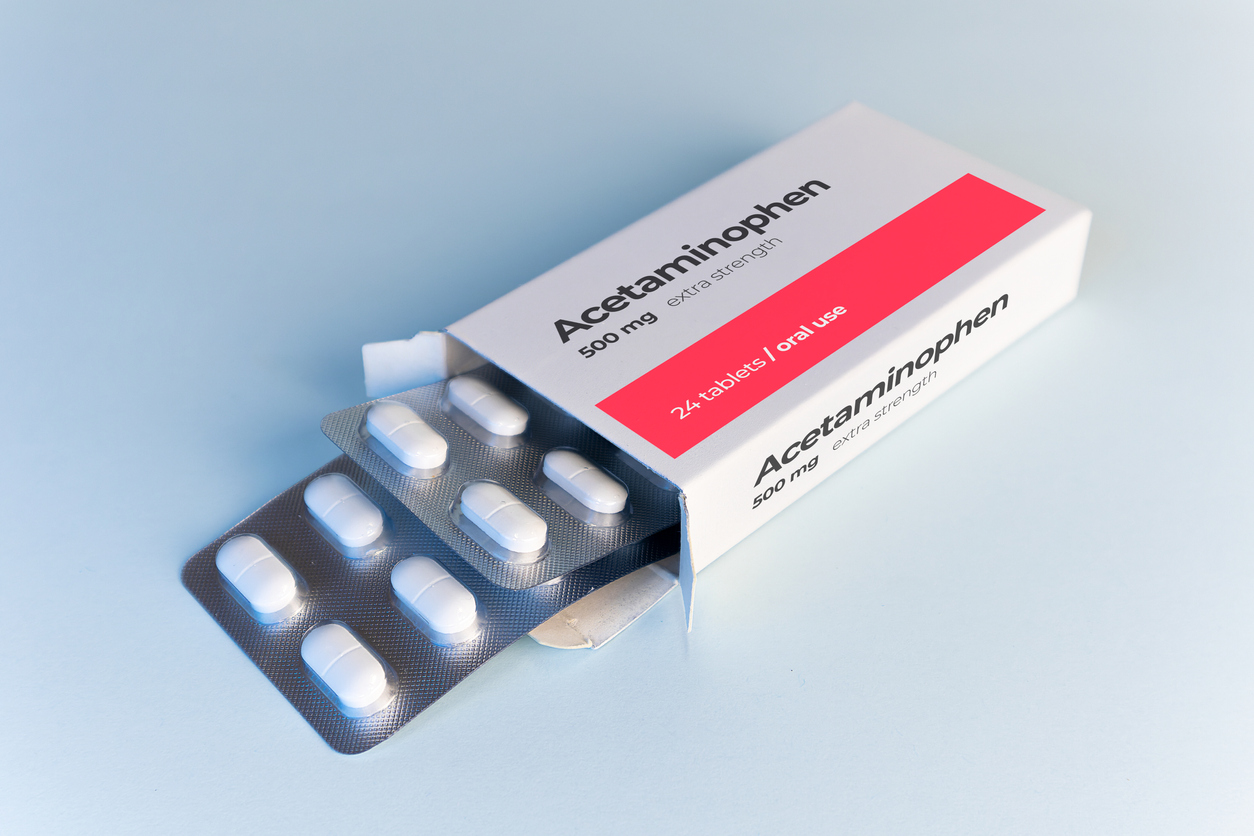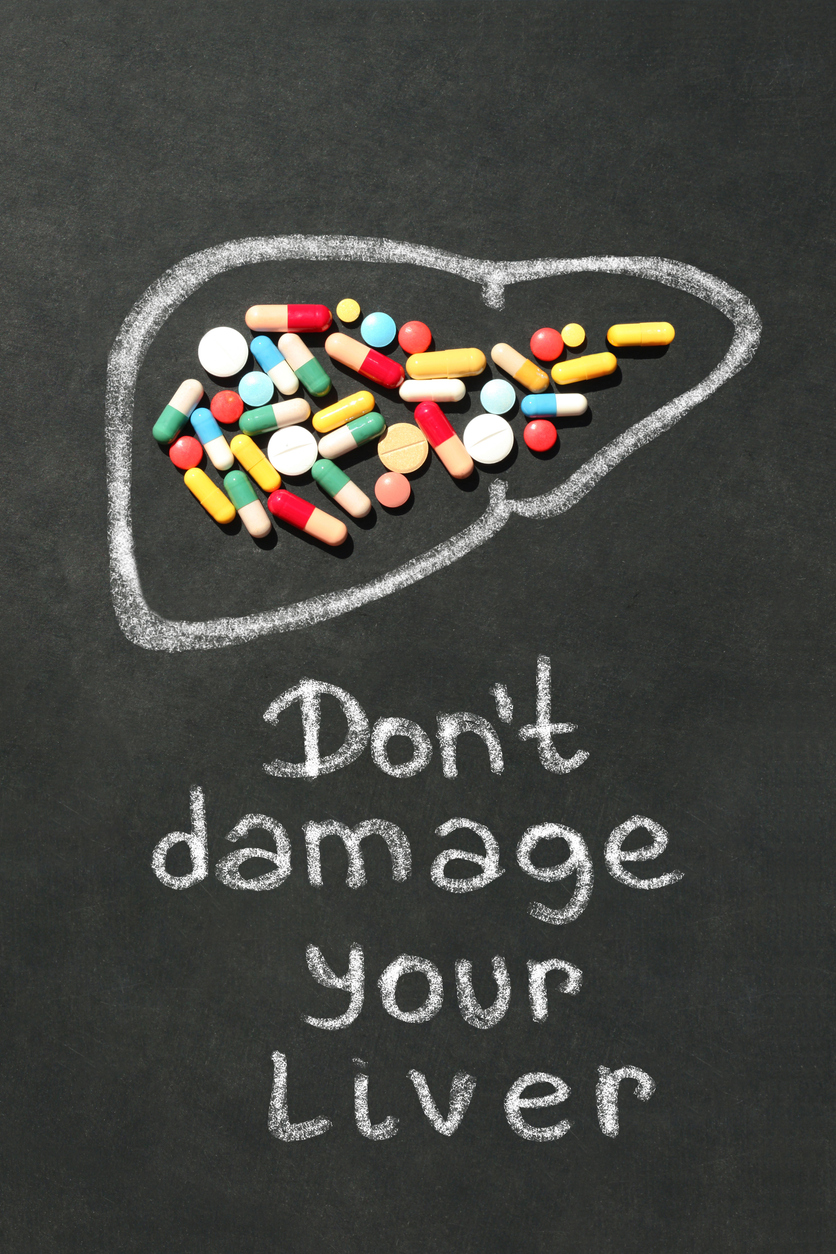Treatments
Acetaminophen

What is acetaminophen?
Acetaminophen, also known as paracetamol, is a pain reliever (analgesic) and fever reducer (antipyretic) available over-the-counter or by prescription. Acetaminophen is also combined with other active ingredients in certain medications that help reduce symptoms of the flu, common cold, cough, allergies, or insomnia.
How does acetaminophen work?
The exact way acetaminophen works to relieve pain has yet to be determined. It is believed to block the production of an enzyme in the brain related to pain. Similarly, it is thought to work on the mechanism in the brain that elevates body temperature.
What does acetaminophen treat?
Acetaminophen is used to treat mild to moderate pain and reduce fever. It is commonly used to reduce the symptoms of the following:
- Headache
- Muscle aches
- Menstrual cramps
- Toothache
- Common cold
- Sore throat
- Backache
- Pain related to vaccinations
- Osteoarthritis
Usage
Acetaminophen is available in tablets, chewable tablets, capsules, liquid suspension or solution, extended-release tablets, and oral disintegrating tablets. It is taken orally, with or without food.
Acetaminophen should be taken exactly as instructed. Extended-release tablets should not be chewed, crushed, or split. Unless directed by a health care provider, adults should not take acetaminophen for longer than 10 days, and children should not take it longer than five days. The maximum dose for adults is no more than 4,000 mg per day (from all sources). Taking a higher dose can cause severe liver damage and/or death from liver failure. The maximum dose is much lower (information is provided on product labels) for children and varies depending on age and weight. No more than four doses should be given in a 24-hour period.
Side effects
Acetaminophen typically has no side effects. A health care provider or pharmacist should be consulted if side effects do occur. If an allergic reaction is suspected, immediate medical attention is imperative. Signs of an allergic reaction include trouble breathing, dizziness, rash, itching, or swelling of the tongue, throat, mouth, or face.
Precautions
- Acetaminophen is often combined with other active ingredients in medications that treat the flu, colds, cough, allergies, or insomnia, so caution should be used when taking more than one medication to avoid going over the daily maximum dose of acetaminophen.
- It is imperative that individuals with liver disease or who regularly consume alcohol consult a health care professional before taking acetaminophen.
- Some brands of chewable acetaminophen may contain aspartame, a source of phenylalanine, so individuals with phenylketonuria should be mindful.
- Drug interactions can occur. Before taking acetaminophen, any over-the-counter or prescription medications, supplements, vitamins, or herbs should be discussed with a health care professional.
- Individuals who are pregnant, planning to become pregnant, or breastfeeding should consult with a medical professional prior to taking this medicine.
- Acetaminophen should be stored at room temperature away from light, moisture, children, and pets.
Additional source: Tufts University School of Medicine















